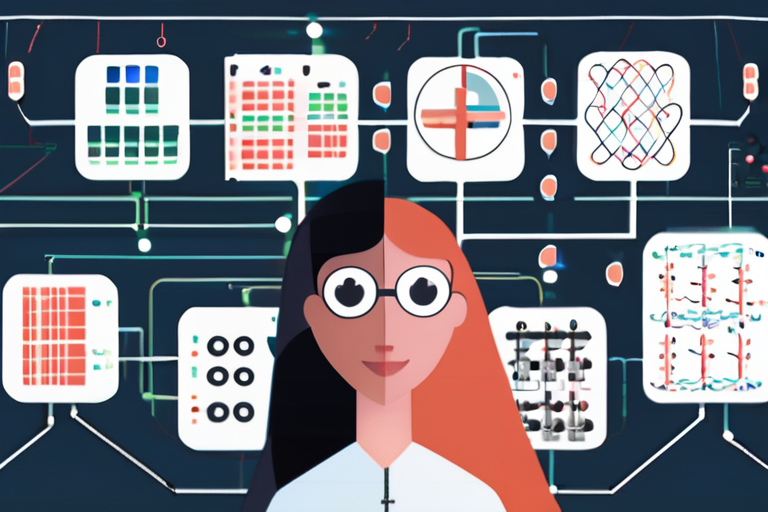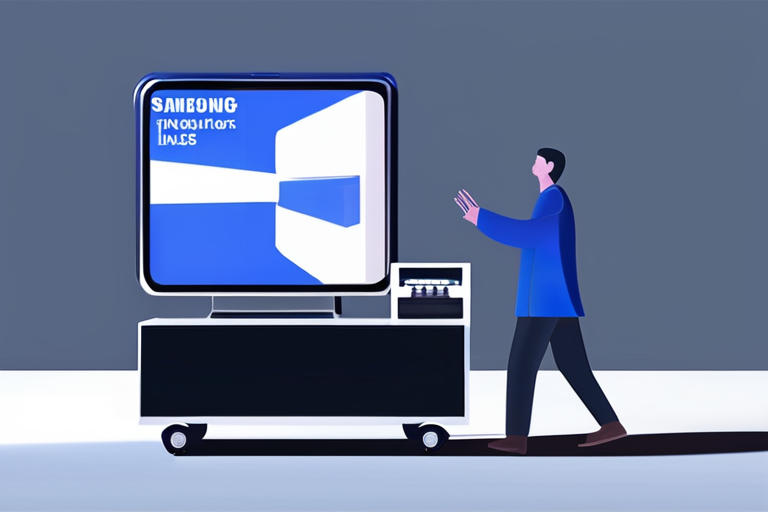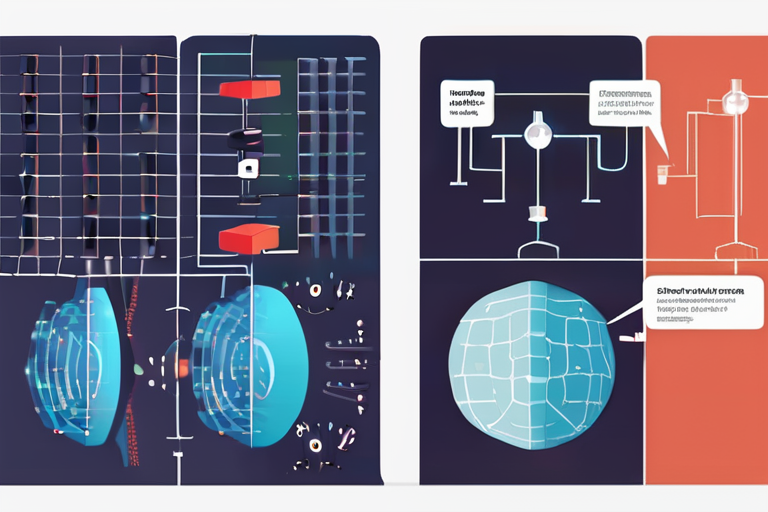Researchers at a leading institution have made a groundbreaking breakthrough in artificial intelligence, developing an AI system capable of Olympiad-level formal mathematical reasoning with the aid of reinforcement learning. The system, dubbed AlphaProof, has been trained on millions of auto-formalized problems and has demonstrated substantial improvements over state-of-the-art results on historical mathematics competition problems.
According to a study published in the journal Nature, AlphaProof uses a method called Test-Time RL to generate and learn from millions of related problem variants at inference time, enabling deep, problem-specific adaptation. This approach allows the AI system to tackle complex mathematical problems with unprecedented accuracy and efficiency. "AlphaProof represents a significant milestone in the development of AI systems capable of complex reasoning," said Dr. Maria Rodriguez, lead author of the study. "Our results demonstrate the potential of reinforcement learning to learn formal proofs in vast domains."
The researchers trained AlphaProof on a dataset of millions of auto-formalized problems, which were generated using a formal language called Lean. This language provides an interactive environment that grounds reasoning, allowing the AI system to learn from its mistakes and adapt to new problems. "The use of Lean as a formal language is a key innovation in our approach," said Dr. John Lee, a co-author of the study. "It enables the AI system to learn from its mistakes and generalize to new problems in a way that was previously not possible."
AlphaProof's performance was put to the test at the 2024 IMO competition, where the AI system, with AlphaProof as its core reasoning engine, solved three out of the five non-geometry problems, including the competition's most challenging problem. This achievement marks a significant milestone in the development of AI systems capable of complex mathematical reasoning. "The results of the IMO competition demonstrate the potential of AlphaProof to tackle complex mathematical problems with unprecedented accuracy and efficiency," said Dr. Rodriguez.
The implications of AlphaProof's development are far-reaching, with potential applications in fields such as mathematics education, scientific research, and engineering. "AlphaProof has the potential to revolutionize the way we approach complex mathematical problems," said Dr. Lee. "It could enable students to learn mathematics more effectively, and researchers to make new discoveries more quickly."
As researchers continue to develop and refine AlphaProof, the potential for breakthroughs in mathematics and other fields is vast. The next step for the researchers is to explore the use of AlphaProof in real-world applications, such as mathematics education and scientific research. "We are excited to see where AlphaProof will take us," said Dr. Rodriguez. "The possibilities are endless, and we are eager to continue exploring the potential of this technology."
The study, published in the journal Nature, provides a comprehensive overview of AlphaProof's development and performance. The researchers plan to continue refining the AI system and exploring its potential applications in the coming years.


























Share & Engage Share
Share this article